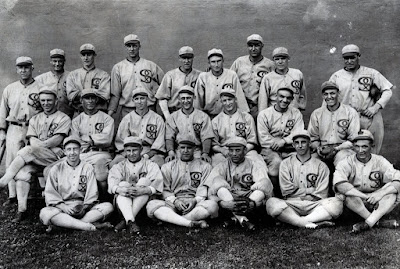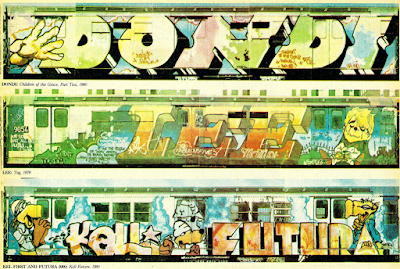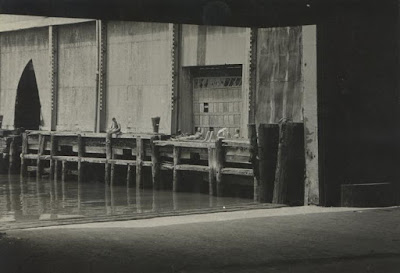
Charles Marville, French, 1816–1879, Place et rue de l’École Polytechnique, from rue Descartes, 1865–69
"Paris transformed into the 'City of Light' through grand-scale architectural renovations, demolitions, and new construction set in motion during the Second Empire (1852–70). With absolute power, Emperor Napoleon III remapped the French capital from the ground up, appointing civil servant Georges-Eugène Haussmann to redesign Paris toward improved safety, public health and sanitation, and traffic circulation. A self-described artiste démolisseur (demolition artist), Haussmann razed densely settled areas of the medieval city center, its labyrinthine streets rapidly giving way to new axes of orderly, wide boulevards anchored by monuments and open spaces for recreation. ..."
The Clark
The Clark: Map of Paris, 1890

Garnier frères, Nouveau Paris monumental. Itinéraire pratique de l'étranger dans Paris (detail), 1890.
















































